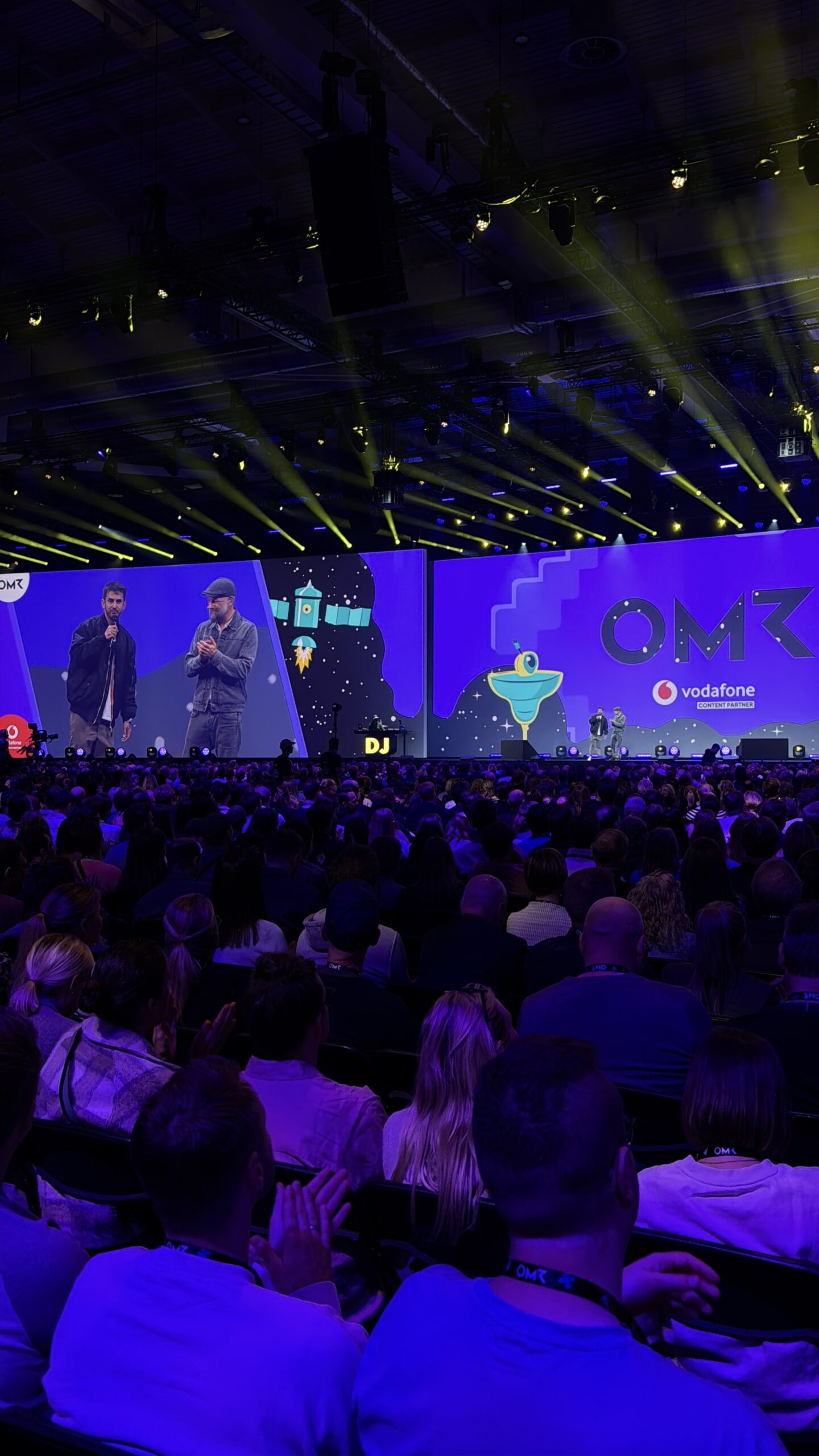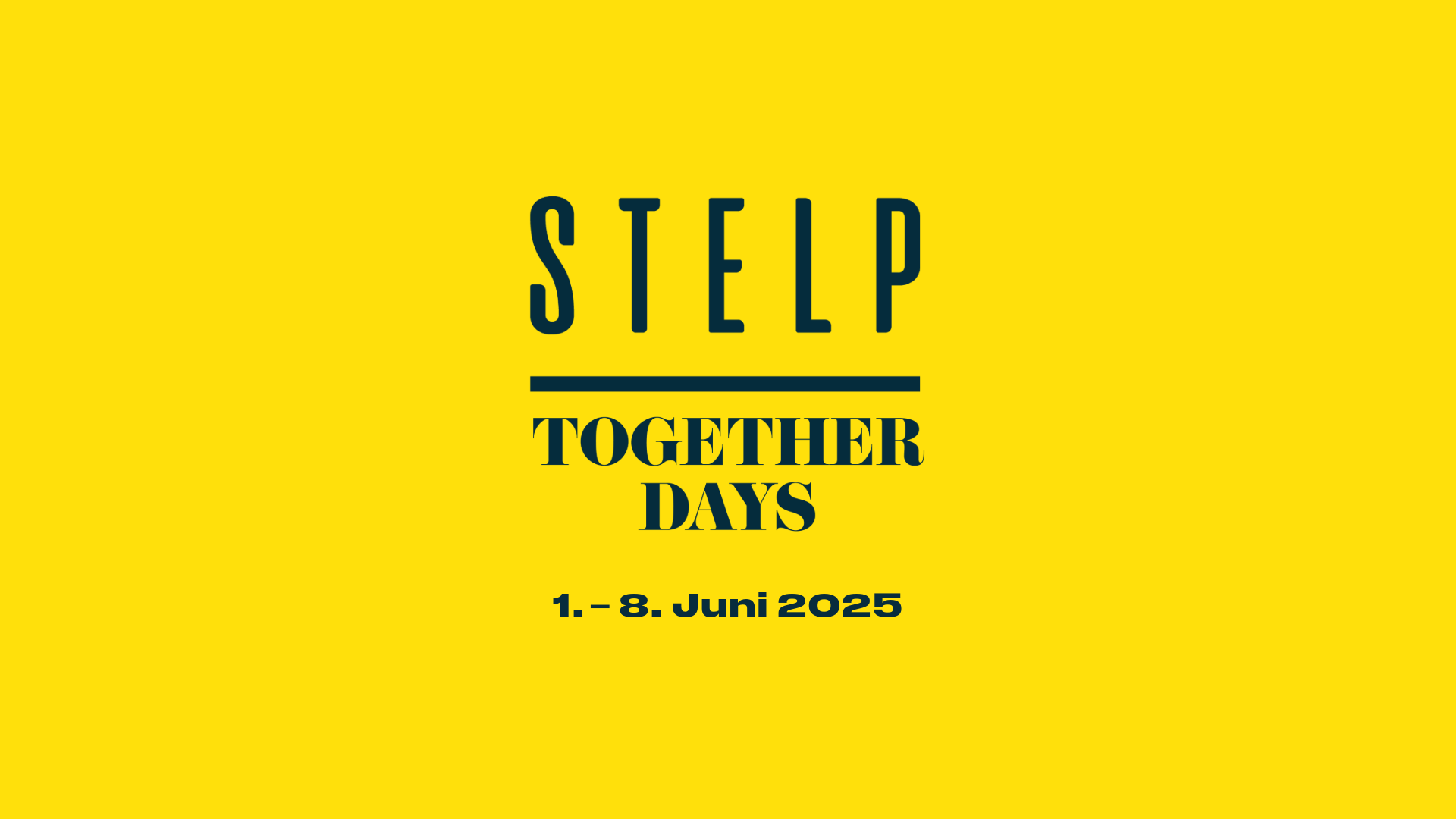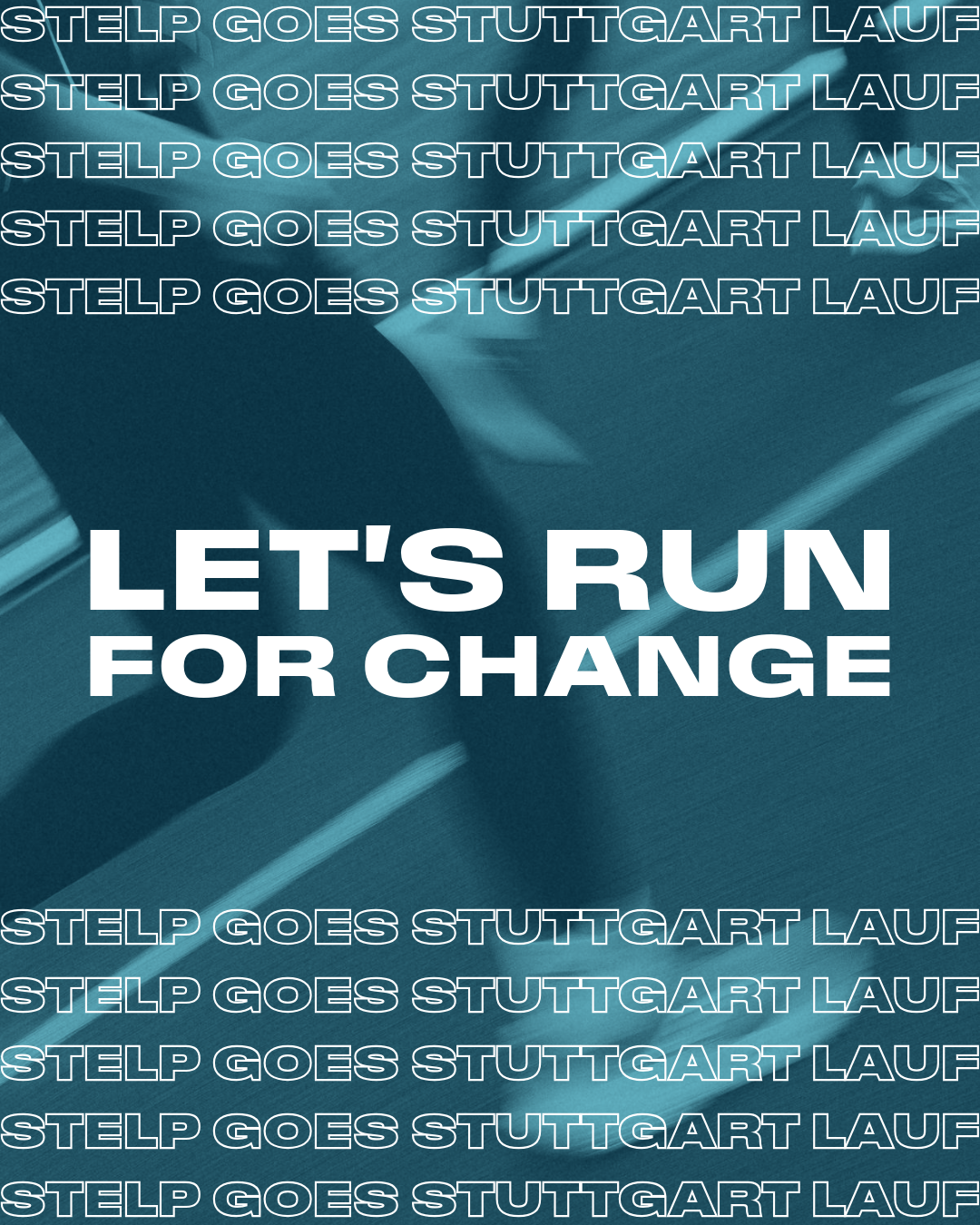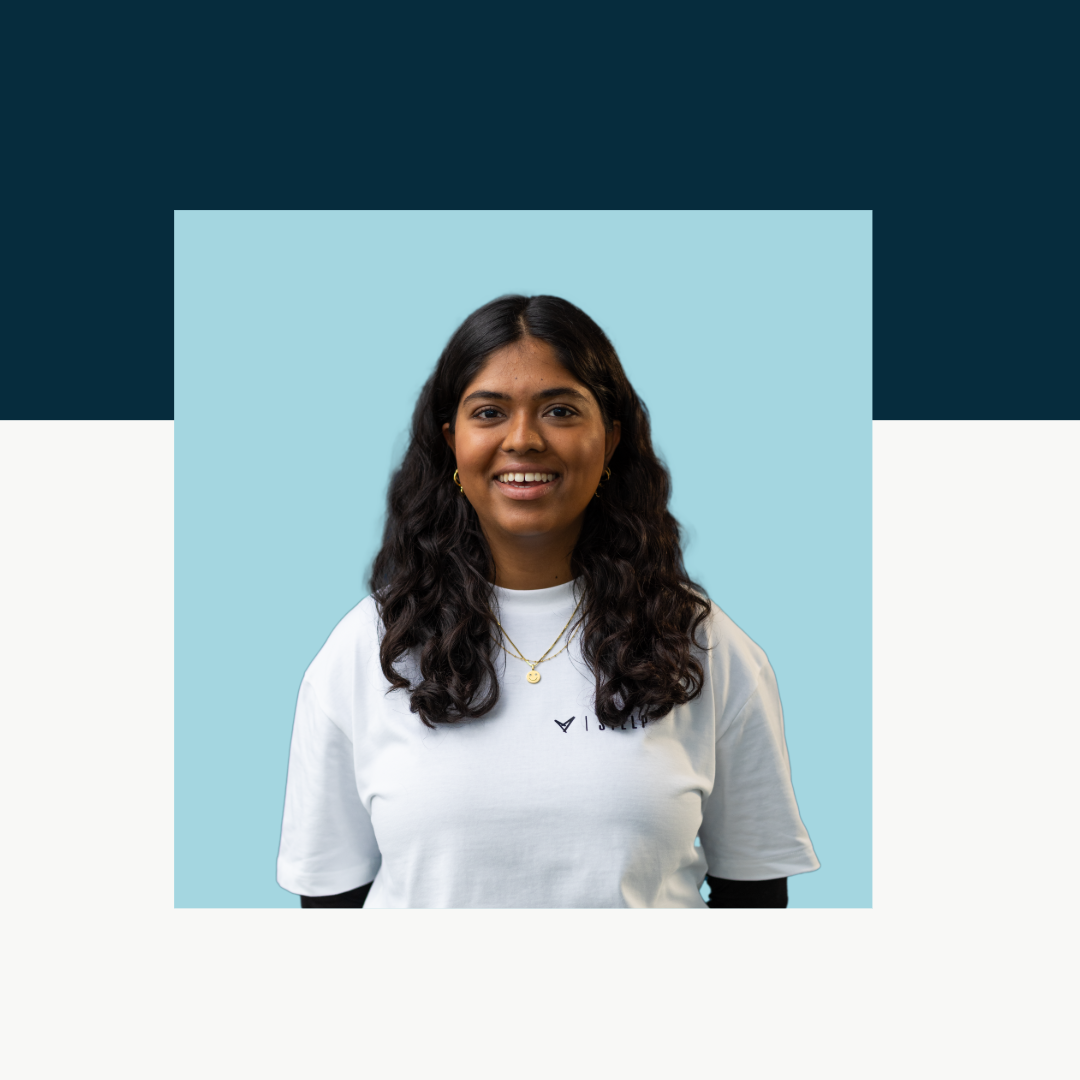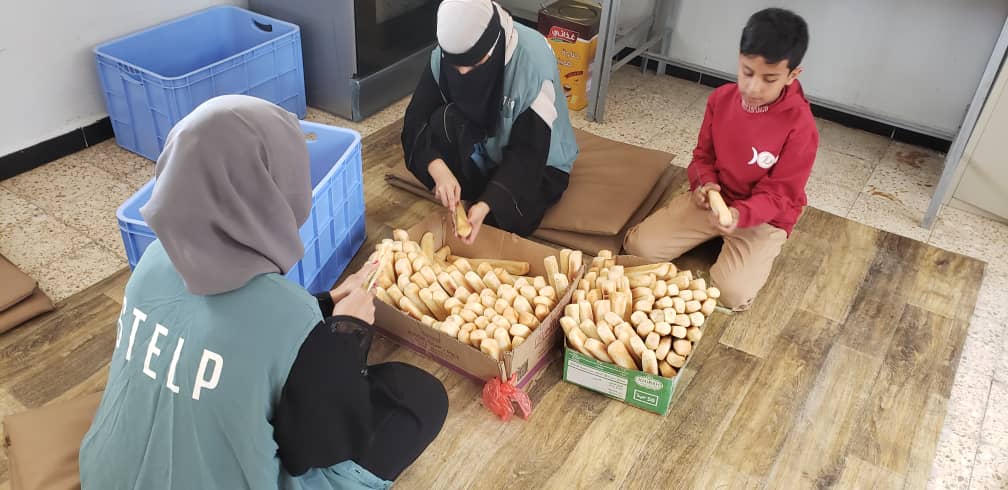Part 5 of 8 from the series by Christina Lopinski
“This isn’t getting any better,” Kosta says, kneading his hands. We sit in the living room of a majestic house, Serkan, Hasib, Kosta and I, self-built, his life’s work. A rich man, you’d think, looking at the stylish furnishings and artwork on the wall. Kosta is not rich. His restaurant is not doing well, no tourists, no income. For years he has been cooking for refugees rather than European holidaymakers. Kosta is a rich man, although he has never owned less.
What are you doing in Chios, child? And who are the men you write of? Waiting for the ferry to Athens, mom, to receive a shipment of goods from Stuttgart. And the men are my friends by now. Serkan is the founder of Stelp e. V., the association that helped build the village where I currently work. He came to Turkey for a few days, and now we’re sitting together on the Greek island, trying to get a picture of the current situation in the few hours we have here. I have not visited any refugee camps on Chios and can only refer to the stories of Hasib and Kosta. Tears still come to my eyes and the feeling of inconceivable powerlessness and helplessness flows through my body when I think of Hasib’s words. I want to share this conversation because rarely has anything touched me so much. I want to introduce Hasib because I feel I must.
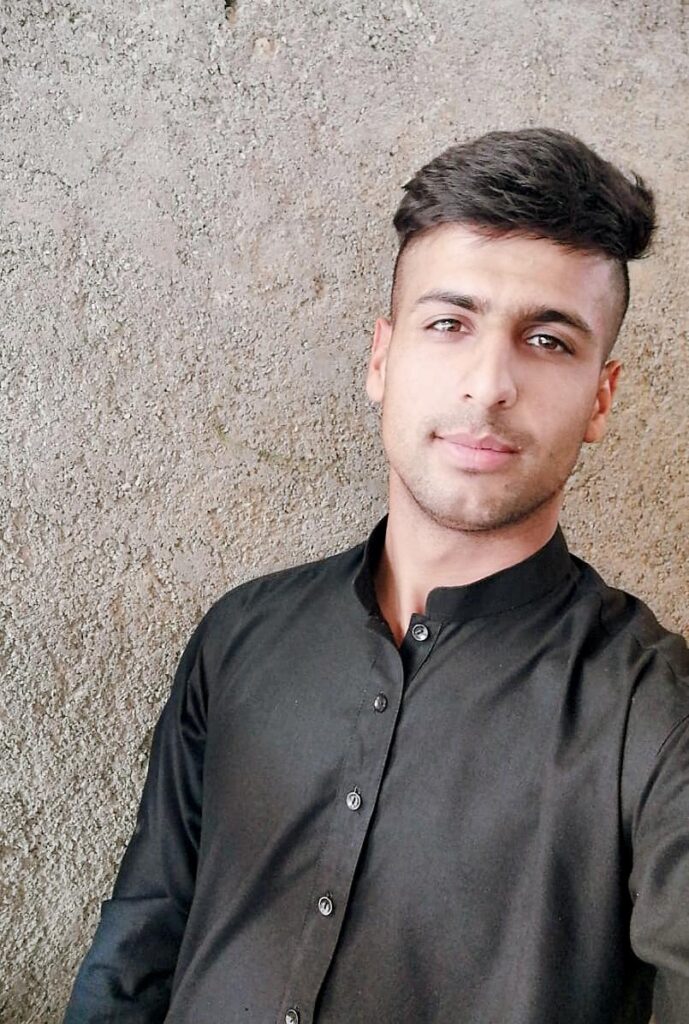
Hasib and Kosta pick us up at the port. It’s raining, and it’s dark and cold. The two look so familiar, they could be father and son if the cultural differences weren’t visually obvious. We hug warmly, even though we don’t know each other, I immediately feel safe and welcome. “A boat just arrived,” Hasib says immediately, pointing to a lane in the harbor entrance. He speaks calmly. Fifty people, an inflatable boat, a subordinate clause. Thank goodness they arrived, he says, looking down at the ground. Later I’ll learn that his boat almost sank two years ago. A few minutes later we find ourselves on Kosta’s couch, his golden retriever sleeping on the tiles. Kosta briefly talks about his wife and that he has to drive his son to tutoring. He asks Serkan how life is going, trivial conversations don’t seem to be held here, everyday life on Chios means escape, the topic comes up faster than I can ask small talk questions.
I say very little, this evening. I feel more comfortable in the observer position, all the information flooding me, I look at Hasib as he talks, his tattoo on his chest rising and falling. Hasib is 21 years old and comes from Afghanistan, not far from Kabul. The first time he escaped was when he was 14, and he was detained in Iran. He looks at his right arm, I see a faded tattoo. He sees that I see it. “Self-made,” he says, and his brown eyes open to me a distant world that feels very close right now. The squiggly letter S stands for his family; his father’s first name and his mother’s begin with S. Begun, Hasib’s mother died in Afghanistan a few years ago. He had a good life. Hasib laughs as he talks about Norway. He learned the language and was allowed to go to school. Norway is a good country, he says. “But very cold.” We both laugh.
“His brown eyes open a distant world to me that feels very close right now.”
I say I’ve never been to Norway and imagine him walking from Afghanistan to Scandinavia, while I can get on a plane tomorrow if I want to. At that time Hasib was 18. And then he went back to Afghanistan voluntarily, illegally, because Afghanistan is not a safe country of origin, registered refugees are not allowed to return home. Not even when family members are dying. “And then I tried it again,” he says, shrugging his shoulders. I don’t know how to answer. I bite my lips as a ‘wow’ makes its way into the living room. My speech center seems to be shut down. I swallow, we look at each other for a long time, I hope my eyes convey to him that I’m incredibly, incredibly sorry for all of this.
The second time, he says, he was more experienced. It was no problem as far as Turkey, but the crossing to Greece was dangerous. Hasib tells of fake life jackets distributed to children and inflatable boats that left with holes already in them. So many people have died, he says. I wonder at this moment where his family is. And how a child can stand it all. “I bought a boat,” he says, laughing at me. “I’m a captain.” Now I have to laugh too, we laugh loud and long and heartily. He buries his hands in his red sweater he bought in Norway, tilts his head, I feel we like each other.
“I wonder how a child can stand all this.”
He takes out his cell phone, on the map I see the port of Cesme and the island of Chios. He points his finger at a small green dot, in the middle of the two stations. That was my salvation, he says. Then Hasib tells about the night he left. Six Syrians, he says, he took with him. At first they didn’t trust him, thought he was a trafficker. Sorrow outweighs mistrust, on a windless, rainy night they set off. He didn’t have much money for a boat. “Bad quality,” he says. I nod and follow his index finger as it gently runs across the cell phone screen. Greece and Turkey are separated by only a few kilometers at that strait. The apparent proximity has already cheated some people out of their lives. A professional swimmer from the Syrian national team made it by physical strength, impossible, actually, says Serkan. Hasib has a very athletic body, swim, never, he says, imitating a tremor. He takes a sip of Coke Zero, then continues. After a few minutes, he says, the boat filled with water. I thought we were sinking, he says. We were very scared. As a captain, as an 18-year-old captain, he says, he decided to throw everything overboard that wasn’t absolutely necessary. So that night, the men part with the few belongings they’ve saved over the past few weeks. Now they have only themselves and what they wear on their bodies. Hasib has repair kit with him, but can’t repair the boat at sea. He taps the island. That was our salvation, he says again. And then he tells of the 48 hours they spent on that island, which is nothing but a barren piece of land. The second day without water and food was less bad, he says. I swallow again.
“The apparent proximity to Greece has cheated many people out of their lives.”
We haven’t had dinner yet, I try to shut out my growling stomach. I feel sick at the thought that some people must always be hungry, so long sometimes, until they are never hungry again.
In the port of Chios, he was picked up by the Greek police and taken away. They thought I was a tugboat, he says. Because I was there for the second time. His dead mother, the reason for his second entry, no one cared. I nod. I’m sorry about that, I say, he nods. He had a chance to talk to a policewoman longer. She saw that I’m not a bad person, Hasib says, and retrospective gratitude spreads around the room. Anyone who looks at you sees what a pure heart you have, I want to say, but I can’t. “And now I’m here,” he says at one point, rolling up the sleeves of his sweater. Serkan asks how his girlfriend is doing. She’s back in America. And no longer his girlfriend. Hasib has an apartment in Chios and no longer has to fear for his life. He plays hopscotch with the realities of his past and his future. There are only a few years between Afghanistan and Norway. Or a lifetime, I guess. A ferry approaches the harbor. Our ferry. We’re leaving Chios, we can leave Chios, just like that, “it’s just as bad in Athens,” Serkan says, and I feel my look has changed, in the last few weeks. That I can no longer look away, even if I want to, because the effects of flight are a reality everywhere. My escape reality has many faces now. I think of Rashid and Sheia and how Yasmin gives me a flower and says she loves me. I think of all the children in the camps, of the women, Hasib is in front of me. The reality of my escape becomes a picture book of individual fates. And of feelings. That hurts. I dream about it at night, I go through life less light on my feet, Some days I feel the pain of helplessness more than others. It makes me want to read novels, throw the picture book in the corner. At the same time, I wish we’d all look at that picture book. Because it remains. Even if we remove it from our bookshelf.
“My reality of escape becomes a picture book of individual fates.”
Serkan and I are sitting in Athens. We eat bread and hummus, talk, then Serkan’s cell phone rings. “Hey, Brother,” he says, and through the speaker I hear Hasib’s voice. He’s been volunteering at the refugee camp on Chios for months. Serkan buries his face in his hands, sighs, nods, squints his eyes. Two new boats, pouring rain. Children sleep in the mud, “we need tents, Serkan,” Hasib says. Then he sends photos showing inhumane conditions. I don’t want to imagine how people feel who have already exceeded their physical and emotional limits when they arrive in Europe. The waiter puts Uzo and a piece of cake on our table. I feel sick at the sight, on Serkan’s display the photos of flooded tarpaulins and drenched people darken. “It’s always like that. You go out to dinner with friends, and then a message like this reaches you.” He takes a deep breath. “Shit,” he says, banging his fist on the table. And then we figure out where we can get 20 winter tents. My cell phone flashes. Hasib writes to ask if I can come back to Chios today. We need help. I’m so sorry, Hasib. So many warning lights, so much need. And then there are the people who put out fires with gasoline. Where is all the humanity buried, I wonder, this afternoon in Athens.
About the author:
Christina Lopinski was a volunteer for STELP in the IMECE village in Cesme/Turkey from October to December 2019. The 24-year-old has lived in Berlin for a long time and during that time wrote for the Berliner Abendblatt, the B.Z. and the Wiesbadener Kurier. She currently works for the Frankfurter Allgemeine Zeitung.

